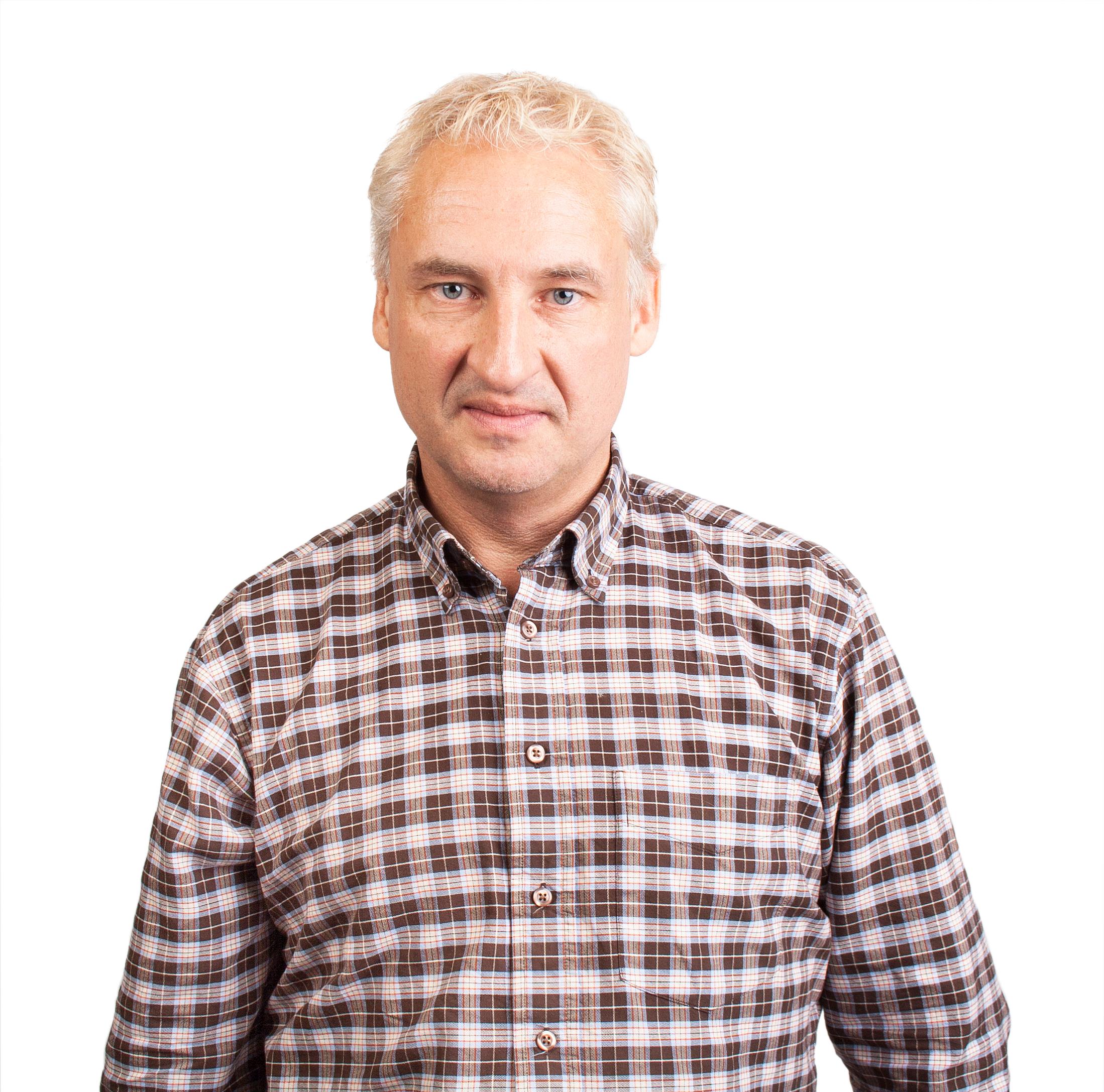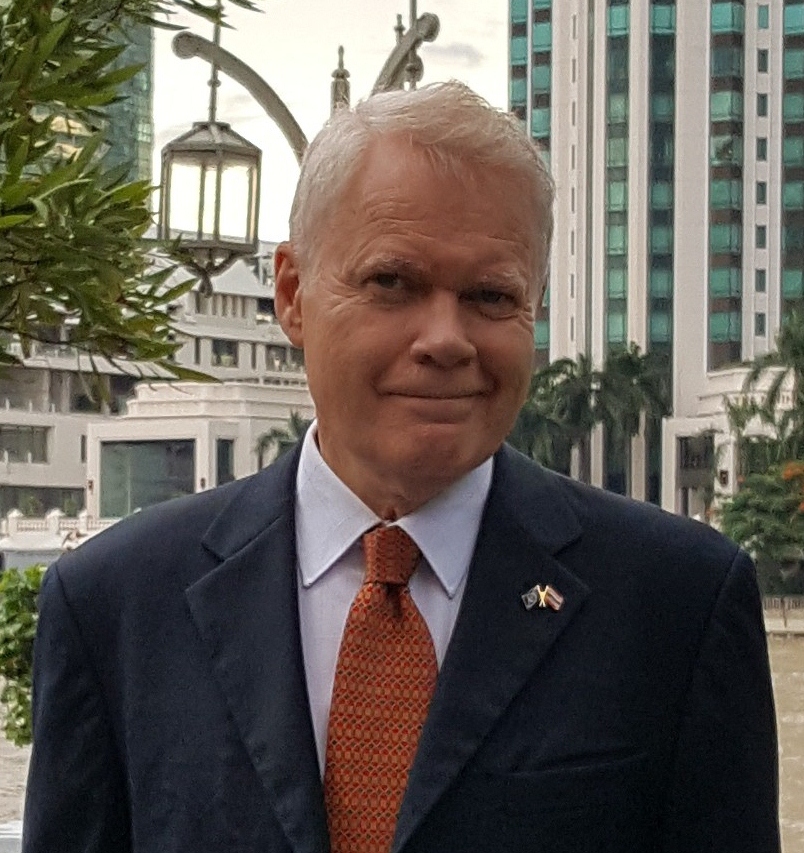The School of Engineering educates companies in Thailand

The School of Engineering (JTH) at Jönköping University (JU) is conducting commissioned education for companies in Thailand, which is valued by the Thai-Swedish Chamber of Commerce in Bangkok. Photo: Unsplash/Braden Jarvis
The School of Engineering (JTH) at Jönköping University (JU) is conducting commissioned education for Swedish and Thai companies in Thailand this spring. This is done in collaboration with the University of Skövde. It is part of the collaboration project INSA (Internationalization of collaboration) and is funded by VINNOVA.

Roy Andersson, Associate Dean of Internationalisation at the School of Engineering, Jönköping University.
“The purpose of the education is to assist our collaboration partners in Thailand with the latest knowledge that we possess in Sweden. It also opens up for more collaborations between JTH and the business community in Thailand, which makes it easier for research collaborations and for our students to do internships and thesis projects at our partner companies in Thailand, says Roy Andersson, Associate Dean of Internationalisation at JTH.
The commissioned educations are carried out by JTH International campus and the course content is taken from JTH's and the University of Skövde's courses for professionals.
Valuable collaboration with the School of Engineering
The commissioned education lasts one to four days and are held in collaboration with the Swedish company Virtual Manufacturing and JTH's partner university in Bangkok, Panyapiwat institute of Management (PIM). Most of the participants are members of the Thai-Swedish Chamber of Commerce in Bangkok. The association's president, Peter Björk, thinks it is valuable for Swedish companies in Thailand to have a collaboration with JTH and other universities.
“JTH already has an established collaboration with a number of companies in Sweden which can be used as a basis for cooperation here in Thailand. It also gives a trust in Swedish companies to use Swedish education providers. You understand each other better and trust each other's skills,” says Peter Björk.

Peter Björk, President of the Thai-Swedish Chamber of Commerce in Bangkok.
"A more protectionist country than Sweden"
Among other things, the Thai-Swedish Chamber of Commerce conducts active advocacy work to improve the conditions for entrepreneurship in Thailand and assists with information and advice to its members in matters concerning the economy and the private sector in Thailand in particular. Peter Björk emphasizes the importance of getting to know and understand the context you are in when running a company abroad.
“It is about knowledge of history, culture, religion and politics, but of course also how society and the economy work, which customers, competitors and suppliers that are in your own sector and which decision-makers you need to know. In Thailand, it is a great advantage if you speak a little Thai and understand something about Buddhism and Thai customs. Thailand is a more conservative, hierarchical and protectionist country than Sweden and it is not always easy to understand what lies behind various decisions in, for example, Thai politics and how these are related to entrepreneurship and ownership in the private sector,” says Peter Björk.
He also points out that in Thailand, to an even greater degree than in Sweden, it is important to create good and lasting relationships and that it is probably something typically Asian.
Encouraged by the Thai government
Roy Andersson mentions that the Thai government encourages this type of commissioned education provided by foreign universities.
“They see it as an opportunity for the domestic industry to be provided with expertise and new research findings,” says Roy Andersson.
Carin Rösiö and Simon Boldt, associate professor and doctoral student at JTH, respectively, are holding this spring's commissioned education in Bangkok.


